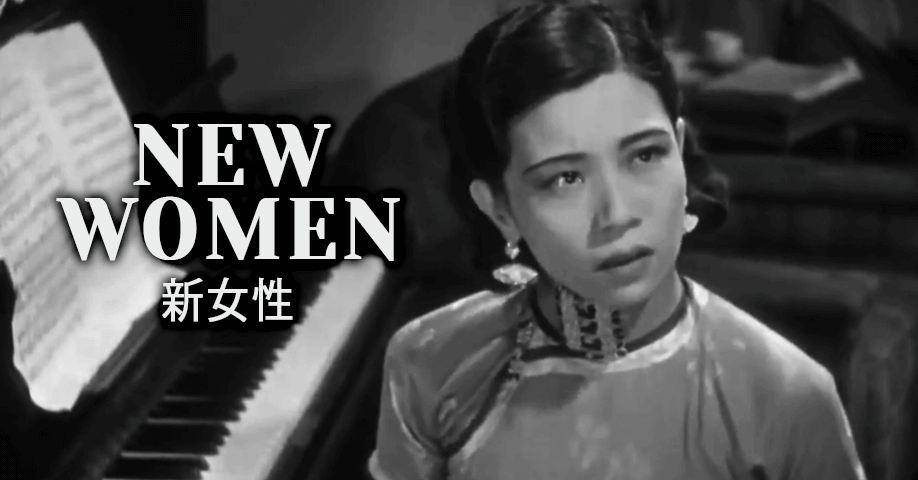NEW WOMEN

NEW WOMEN
(新女性)
dir. Cai Chusheng, 1935
106 min. China.
In Mandarin (dubbed) with English subtitles.
SATURDAY, MAY 6 – 3 PM
WEDNESDAY, MAY 24 – 10 PM
MONDAY, MAY 29 – 7:30 PM
Ruan Lingyu, in her penultimate screen appearance, stars as Wei Ming, a migrant worker, aspiring writer, and single mother who supports herself by teaching music at a local girls’ school. When her daughter falls severely ill, Wei makes a series of difficult decisions to try and ensure the safety of herself and her family, which consequently makes her the target of a vicious smear campaign led by a powerful man whose advances she previously rejected.
Cai Chusheng’s film became a watershed moment in the Chinese leftist cinema movement, largely due to the multiple controversies surrounding its release. Originally conceived of and marketed as a social issue movie whose intention was to explore “the woman question” (妇女问题), its release was met with swift backlash by both the press and government— the former due to the film’s unflattering depiction of the same tabloid culture that was invariably responsible for its star’s demise, and the latter for the challenge the film posed towards the constraints of established gender roles which at the time was (unsurprisingly) framed as a rebuke of “traditional family values”.
Moreover, NEW WOMEN’s release was gravely overshadowed by the death of Ruan Lingyu the following month, whose suicide eerily echoed that of the actress and writer, Ai Xia, on whom the character of Wei Ming was loosely based. Like Ruan, Ai had been the subject of a slanderous tabloid campaign that wound up contributing towards her tragic decision to take her own life just a year prior. Ultimately all three women central to the film— Ai, Ruan, and the character of Wei— found themselves victims of a society that placed greater value on the optics of traditional womanhood than the person each aspired to be— in essence, validating the film’s very thesis.

